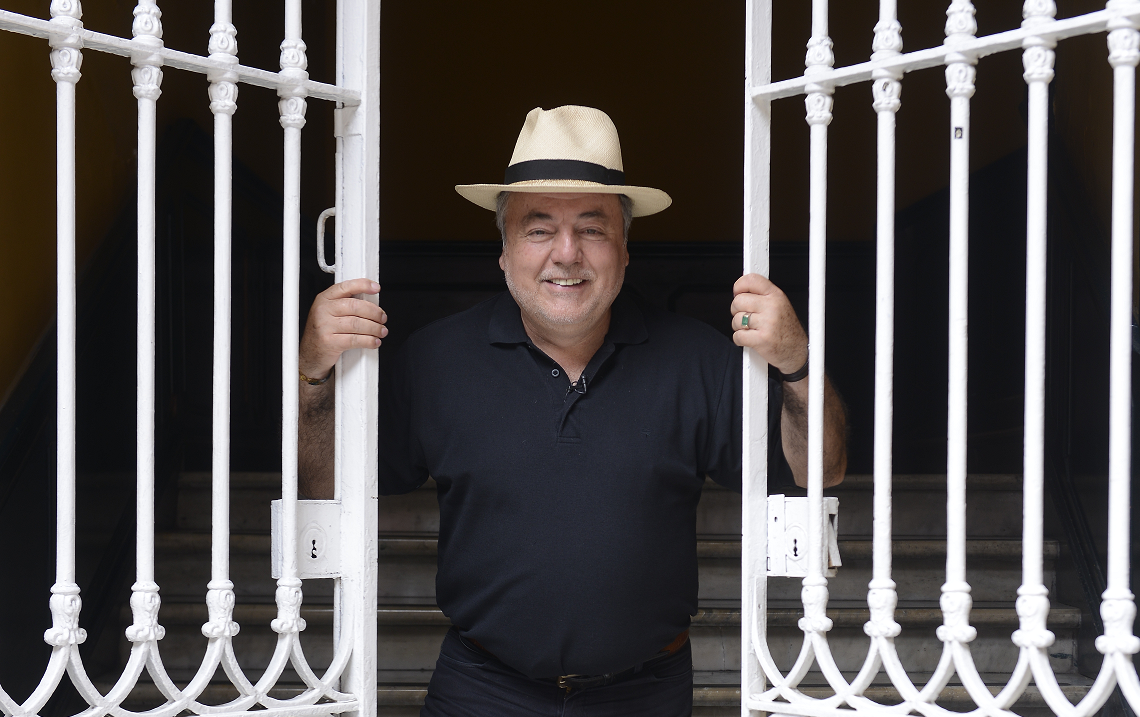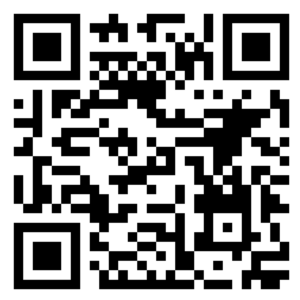“Luis Repetto: an indispensable bridge”
Tribute exhibition

An exhibition in homage to the remembered and notable cultural manager Luis Repetto-Málaga (Lima, 1953 – 2020), curated by Miguel Rubio-Zapata, opens at our cultural centre.
The extensive exhibit includes a unique staging of personal objects and pieces collected by Luis Repetto as well as works from the Museo de Artes y Tradiciones Populares-MATP (Museum of Popular Arts and Traditions) of the Riva-Agüero Institute of the Pontificia Universidad Católica del Perú, plus pieces from Miguel Rubio’s own collection. It will also include photographs and a video of the programmes Repetto hosted on Peruvian television.
Text by the curator
Luis took on cultural management as a way of life, full time and building cultural bridges all over the country. This indefatigable traveller used to say: “Peru is an endless country, it is infinite, the more I travel through it, the more I see how much I have yet to know”. Maybe that is why he wanted his ashes to be thrown into the Apurimac River at the end of his life from the Inca bridge of Q’eswachaka, in order to continue travelling around Peru. A task that is still pending.
I met Luis in the early seventies, in General Studies at the Inca Garcilaso de la Vega University. At the time, he was working in the collections department of Electrolima (Electric Light Co.), in Conde de Superunda Street, half a block from the Plaza de Armas (the main city square) in Lima. He remained there for 24 years.
He always had a kind word for those who arrived with overdue bills and cut off service. A joker himself, he used to mix “fiction with reality”. He knew how to tell every situation as an extraordinary event in which, by the way, he was the protagonist to whom unbelievable things happened. He was a tremendous enjoyer of life, he loved music, pisco, good food and traditional desserts. Luis danced the marinera limeña, a passion that accompanied him all his life. “I have the grace to dance,” he would say without modesty.
The birthday celebration itinerary began the day before the eve, but the eve was the high point. Every 3rd August, the day before the birthday, the rendezvous was, and still is, at La Oficina, the famous circle (peña) in Barranco. This was a mandatory merrymaking where the party started the day before the birthday, and it continued the day of the birthday, the day after the birthday (joroba), two days after the birthday (corcova), three days after the birthday (respinguete) and ended four days after the birthday (anda vete), all for the road.
His growing interest in traditional Peruvian culture brought him to the Riva-Agüero Institute of the Pontificia Universidad Católica, where he met Dr. Mildred Merino-de-Zela, a prominent Peruvian ethnographer and folklorist, who was then director of the Folklore Seminar at the Institute. Dr. Merino took him as a disciple and he recognised in her a fundamental teacher in his life. It was undoubtedly at her side that his passion for museums was born. The first task he received from his teacher was to file pieces from his personal collection of handicrafts, which he had brought to the Institute to be classified.
Luis Repetto was familiar with traditional art, as he used to visit the craft fairs in Avenida La Marina, very close to the house in Pueblo Libre where he spent his childhood and youth. It was in this way, by labeling pieces of pottery, weavings, masks, among other artifacts of popular culture, that the need to create a museum was born.
The controversy that arose at the time over the awarding of the National Culture Prize to the outstanding Ayacucho master religious carver Joaquín López-Antay in 1975 was the propitious framework for the birth of the Museum of Popular Arts and Traditions. This circumstance strengthened his intention to contribute to the re-valuation of traditional Peruvian art in the face of positions that considered it a lesser art form, which today are untenable. Among the many tasks he undertook during his lifetime as a cultural manager, this was undoubtedly his greatest achievement, to which he literally dedicated his life. Today the museum bears his name.
From a very young age, he loved the historic centre of Lima, never imagining that many years later he would have a television programme: Por las Calles de Lima (Through the Streets of Lima). He enjoyed walking through the Barrios Altos area, the guided tours he made began at the Presbítero Maestro cemetery and then continued along Santo Cristo, the Calle Ancha, Cinco Esquinas, Jirón Junín until reaching the Plaza de Armas (the main city square). He knew unimaginable details of every street and of the many houses where he stopped to tell the story of those who lived there. The Prado Church and the Church of the Virgen del Carmen, where the cloistered nuns would wait for him with delicious lemons stuffed with blancmange, were obligatory stops. In this way he cultivated his palate to recognise the tradition of Lima’s sweets, for which he was a judge in more than one competition.
Luis Repetto was a tireless promoter of museum initiatives in many parts of Peru. Wherever he went, he created museums and recorded those he found in his famous countrywide Museums programme, the only one of its kind in the world. The local cultural authorities always had a question to ask him or a request for some kind of action. He was an expert at making inter-peer connections, and linking related or complementary cultural projects.
“His death was another way to remain with us, forever. I often find myself talking to him, I am sure he has been giving me guidelines for this exhibition, I hope I have understood what he has been telling me”.
Miguel Rubio-Zapata
Curator







